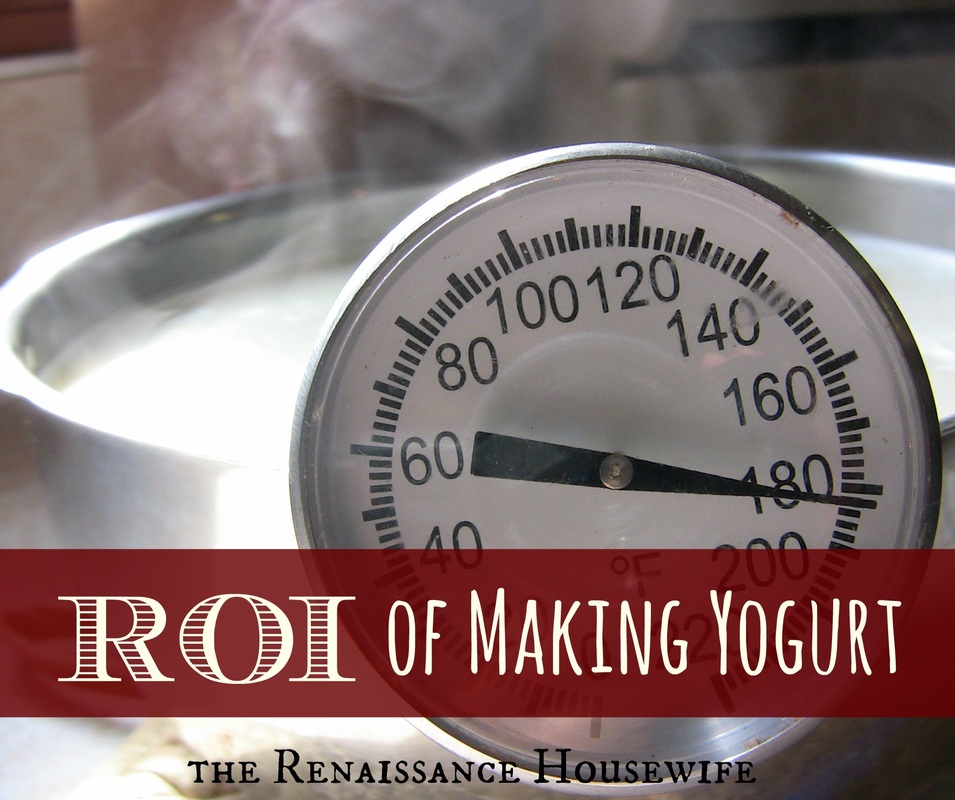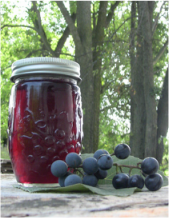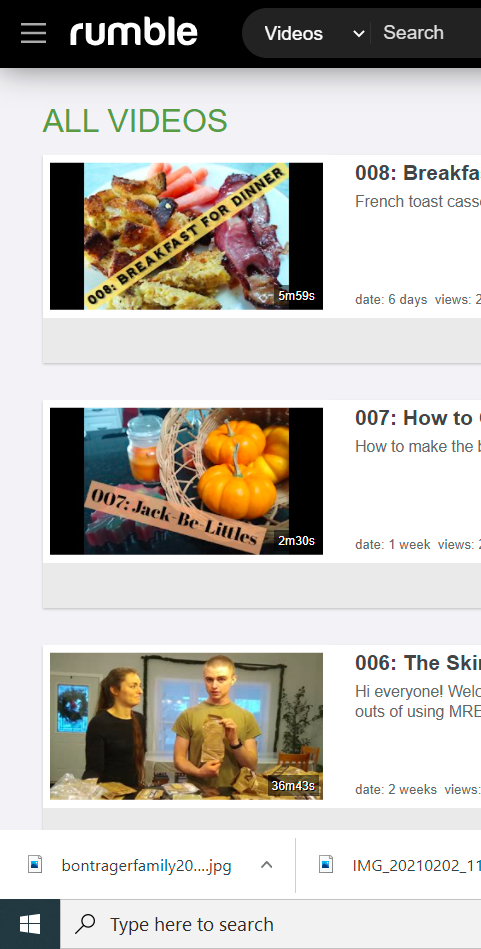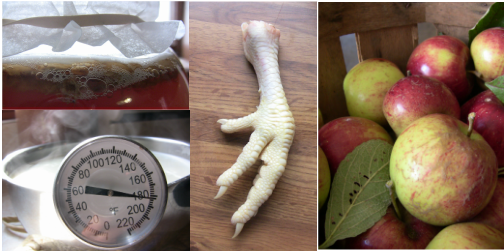Finding The Savings
How much money is there to be saved by making yogurt? As always, it depends on how much yogurt you go through, as well as how much you pay for milk. We tend to use about two quarts of yogurt per week, and the milk is free because I get it from my goat. At Walmart, I would pay about $2.67 per quart.
($2.67 x 2 qts = $5.34) - $0.58 (cost for a small container of yogurt to use as "starter culture) = $4.76 weekly savings for Bethany
Let's say I make theoretically make yogurt 50 weeks out of the year (exclude two weeks for vacation).
$4.76 x 50 = $238.00 yearly savings for Bethany
For the People Without Goats
I know that most people don't have access to free milk, so in that case is making yogurt still economical? Let's do the math.
$0.58 starter + ($2.00/gal. divided by 2 = $1.00) = $1.58 (divided by 2 qts. = $0.79/qt.)
$2.67 (store bought qt.) - $0.79 (homemade quart) = $1.88 potential savings for every quart.
So, depending on how much yogurt your family goes through, you could be saving:
1 quart = $1.88/wk ($94.00/yr)
2 quarts = $3.76/wk ($188.00/yr)
3 quarts = $5.64/wk ($282.00/yr)
4 quarts = $7.52/wk ($376.00/yr)
5 quarts = $9.40/wk ($470.00/yr)
6 quarts = $11.28/wk ($564.00/yr)
Hourly Wage
It takes about 15 minutes of actual hands-on work to make yogurt. As I said before, that work involves heating milk, stirring in yogurt starter, and dumping the mixture into a yogurt container to incubate. If you don't have a yogurt maker, you will have to use the "mason jars-in-a-cooler-with-hot-water" method, which may take 30 minutes.
Hourly wage with yogurt maker (2 quarts): $3.76 x 4 (15 minute increments) = $15.04
Hourly wage without yogurt maker (2 quarts): $3.76 x 2 (30 minute increments) = $7. 52
However, keep in mind that it takes just as long to heat and cool a whole gallon of milk as it does to do a half-gallon, if you are using mason jars. With this in mind:
Hourly wage without yogurt maker (4 quarts): $7.52 x 3 (30 minute increments) = $15.04
ROI of Making Yogurt
In my case, I got my yogurt maker and milk for free, so the only "investment" is the $0.58 yogurt starter.
$5.31 worth of yogurt = 915% ROI for Bethany
For everyone else making four quarts per week without a yogurt maker:
$0.79/qt. x 4 qts = $3.16 investment
$10.68 worth of yogurt = 338% ROI
Some Side Notes: One serving of flavored yogurt from the store contains more sugar than a chocolate chip cookie. I'm not kidding! However, this is to our advantage if we use store bought yogurt as a starter culture. I find that those 18 grams of sugar spread out over two quarts of yogurt gives just enough sweetness so that I can eat my homemade yogurt without adding sugar or honey or maple syrup. This too, saves money.
Some of you may be wondering how to use up a whole gallon of yogurt every week. Some people use yogurt to soak fresh-ground flours and grains with. We eat it for breakfast with granola or in smoothies. Yogurt can also be used as a condiment or in dips and dressings. Last night I used it as a spread on Greek-style lamb sandwiches. Speaking of Greek, you can make your own Greek yogurt by using a cheesecloth to strain out the whey. Greek yogurt can be strained even longer to make a kind of "yogurt cheese", which can be used to replace cream cheese in recipes.
Lastly, the price of milk fluctuates all the time. This is important to keep track of. If milk is $3.00 per gallon, your cost to make yogurt is going to be $1.00 per quart. If you can buy yogurt for $2.00/qt., or on sale for even cheaper, it may not be worth your time to make it. At the time of this writing, I believe it is still very much worth your time. But circumstances change, so keep an eye out. I've always wondered why Amy Dacyczyn (author of The Tightwad Gazette) recommended powdered milk when it is actually cheaper to buy real milk. Recently, while reading her books, I discovered that her cost per gallon of milk in the early 1990s was $2.19-$2.59. Earlier this year- 25 years later- you could get a gallon of milk for $1.89. Crazy!!!
******
Til next time,
-Bethany







 RSS Feed
RSS Feed





